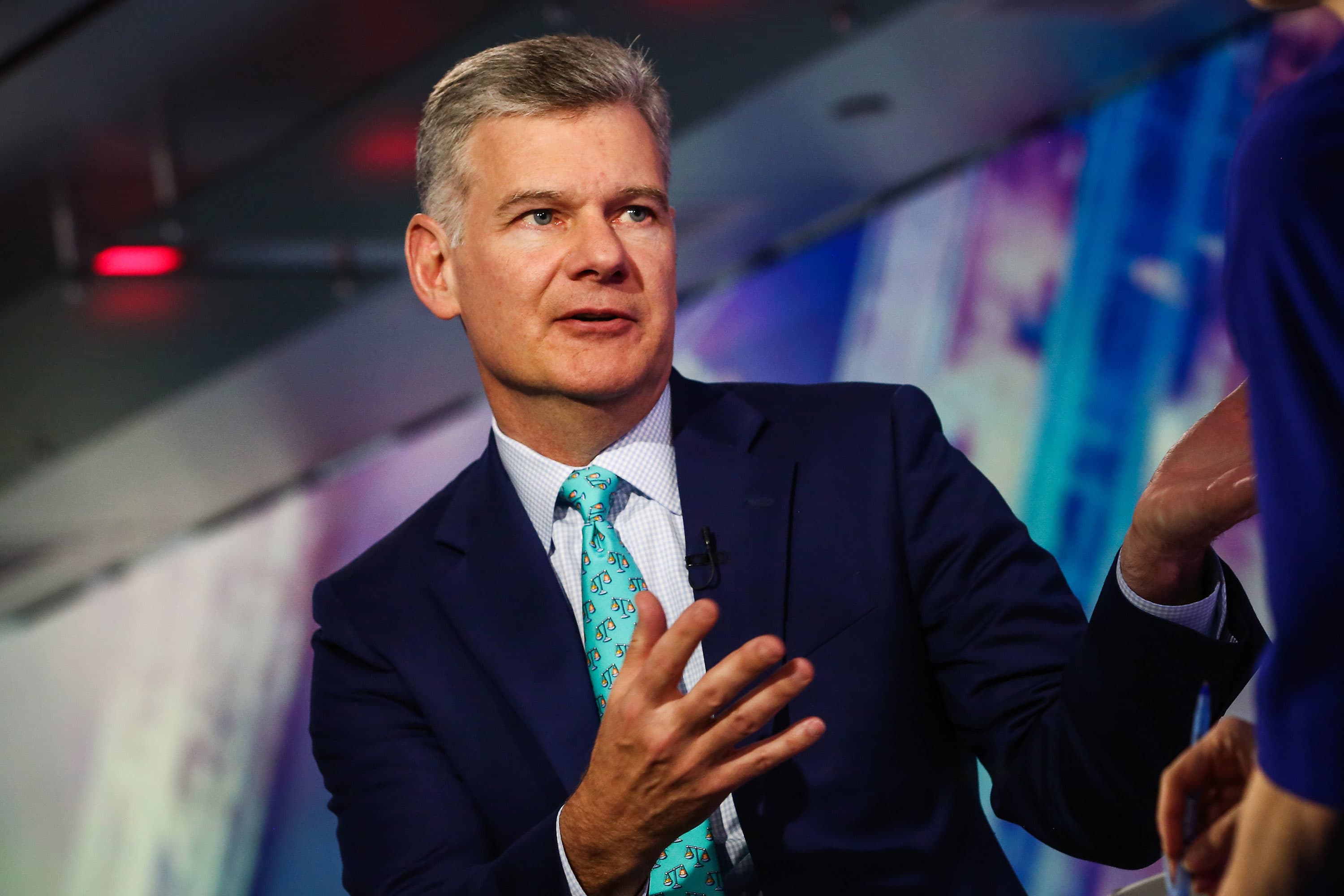
The ETF industry is embracing SPACs with open arms.
The third exchange-traded fund based on special purpose acquisition vehicles launches Tuesday.
Created by Morgan Creek Capital Management and Exos Financial, the Morgan Creek-Exos SPAC Originated ETF will trade under the ticker SPXZ.
It joins the ranks of Defiance’s Next Gen SPAC Derived ETF (SPAK), the first of its kind that debuted in October, and Tuttle Tactical Management’s SPAC and New Issue ETF (SPCX), which launched in December. They are up about 16% and 19% respectively since their launch dates.
SPXZ’s “real edge” will come from how its portfolio is constructed, Mark Yusko, CEO, chief investment officer and founder of Morgan Creek Capital Management, told CNBC’s “ETF Edge” on Monday.
“The SPAC structure is great and it’s optimal for these high-growth, innovative companies, but they’re not all going to be winners,” Yusko said. “The real edge here is all about active management.”
SPACs are essentially publicly traded shells that raise capital to buy out other companies. Roughly two-thirds of SPXZ’s holdings will be SPACs that have chosen a company to take public, while one-third will be blank-check entities still seeking start-ups.
For comparison, SPAK’s portfolio is composed mainly of established companies that have gone public via SPAC such as DraftKings and Virgin Galactic. SPCX, the first actively managed SPAC ETF, generally holds shares of SPACs looking for companies to bankroll.
Morgan Creek and Exos plan to apply their five decades of collective experience managing investments to the newly popular structure by identifying the highest-quality management teams, Yusko said.
“We’re excited to bring this active approach to a market that I think is really in its infancy,” he said, predicting that 2020 will go down “as the year of the SPAC.”
Though investors will have to be “very careful” not to get involved in lower-quality investments as the space grows, the idea that SPACs are dangerous on the whole “is simply not true,” he said.
“There will be people and management teams and sponsors drawn to this structure that shouldn’t and those will have bad outcomes. But is every IPO a good outcome? Not even close, despite the rigorous vetting,” Yusko said. “At the end of the day, Wall Street gets paid to take companies public, so they’re going to take companies public. It’s like the old Doritos commercial: Go ahead and eat them, we’ll make more.”
And while individual investors don’t typically get a chance to participate in standard IPOs at the outset, SPAC IPOs tend to be more accessible and ultimately less speculative, Yusko said.
“A SPAC IPO, because it goes public at a $10 price, is available to everybody, and since you don’t know what the deal’s going to be, you don’t have the speculative frenzy on day one of trading, so you can actually acquire a position,” he said.
With “robust companies of the future” such as Virgin Galactic employing this structure, finding opportunity will hinge on diligence and quality control, Yusko said, pushing back on critics such as former Goldman Sachs CEO Lloyd Blankfein.
“The people that criticize SPACs today are the same ones that criticized hedge funds 10 years ago or criticized mutual funds 30 years ago,” Yusko said. “When lots of people like a structure and people have success utilizing it, other people may not like that.”
“By focusing on quality, focusing on the best teams and the best ideas and the best companies, I think you can get great returns,” he said. “I don’t think we’re going to see a slamming on the breaks, but I do think we’ll see a slowdown in the number of opportunities that are fantastic.”




